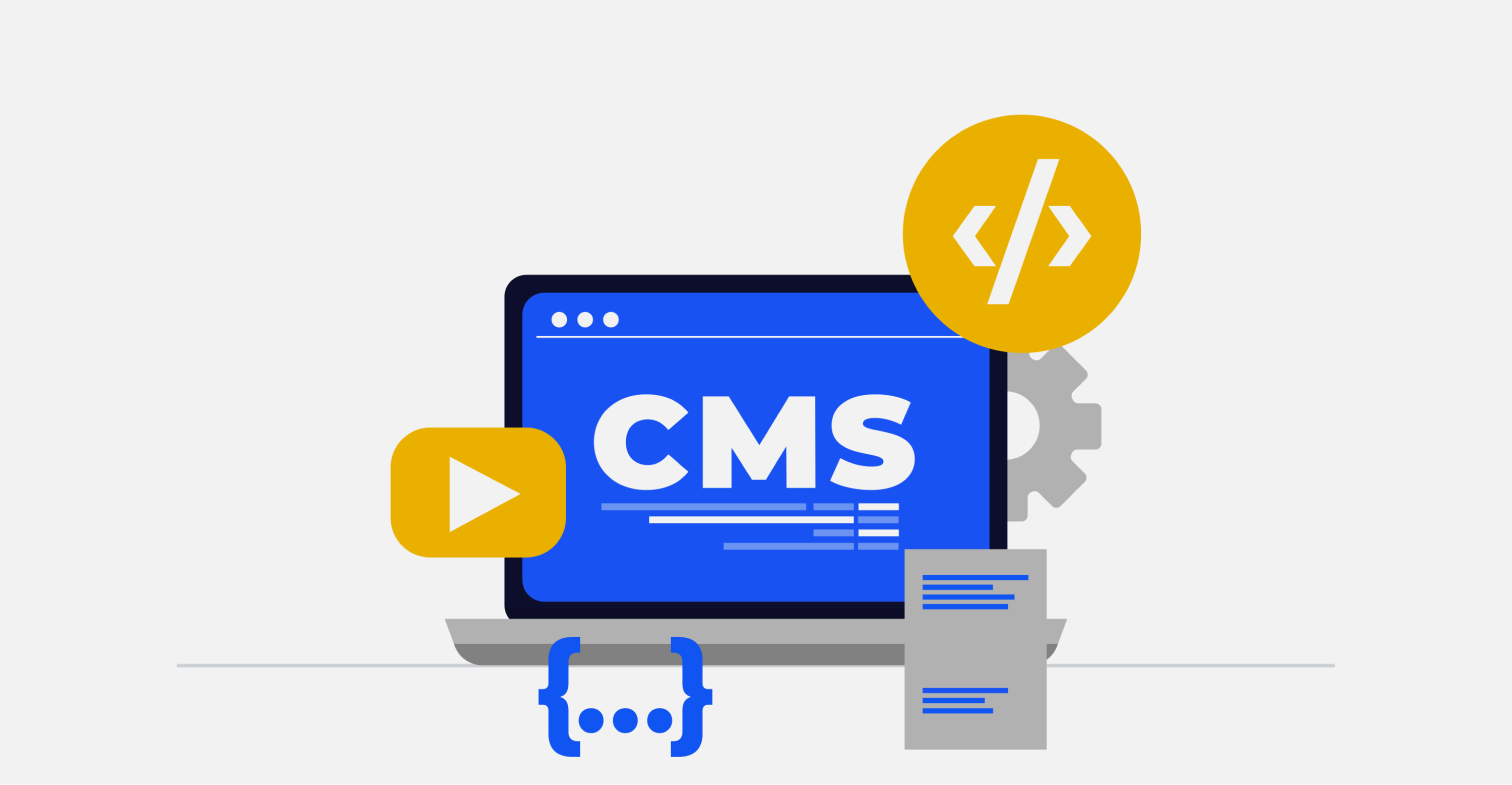You might have heard about events and how important they grow your business. You may have thought about doing one, but you aren’t sure how to go about it. However, running an event is not an easy thing to do. There are so many things that you need to take care of before and after an event. Well, have no fear because if you are a small business owner and you want to do an event, then this blog is for you. It is going to give you a step-by-step process for planning an event. I am going to tell you what you need to know about events and help you in planning one.
What is an event and why do it?
Events can be an excellent way to build up your business. Events are a great opportunity to meet people in your industry and meet people who might become clients. Conferences and events might be scary if you’re not acclimated to networking. An event is an activity that is planned to occur at a certain time and place. Events are often planned and coordinated to help people to learn about something new, spread awareness about a cause, increase sales for a business, or raise money for a charity.
This is a terrific method to reach your customers and provide them with a memorable experience. An event is great if you have a product launch, new service to announce or are looking to build up your brand. Events can be either paid or unpaid. The paid events can be workshops, talks, seminars, meet-ups, etc. The free events can be pop-up shops, mobile events, flash sales, etc.
The do’s and don’ts of event planning
Here are some do’s and don’ts to help you make a great event:
Do:
- Research your target audience and what they want. The perfect event is one that people will want to attend. If you are arranging a conference or an exhibition, you need to know what your audience wants. Conduct surveys and find out their opinions, wants, and needs. Doing this will help you decide which topics should be covered at the conference or what products should be displayed at the exhibition.
- Plan in advance. Plan as much as you can in advance but leave room for changes if needed. This will help you save time and money while making sure that everything is organized well without any problems occurring at the last minute.
- Make sure that the venue is appropriate for your event. If you are organizing a seminar, you need to find a venue that can accommodate your audience. If it is too small, then people will feel uncomfortable and not be able to fully enjoy the event. On the other hand, if it is too big, then you will have to spend more money renting the space and it would be inconvenient for your guests as there will be a lot of empty seats.
- Plan activities to engage attendees in your event and make it more memorable and fun. This can include games, contests, etc. You can also do an activity during registration where attendees have to write down their goals and you can give them a chance to win prizes. This would encourage them to be more involved in the event and it will also make them feel encouraged to achieve their goals.
- Set up a registration area where attendees can sign up and pay for the event. To avoid long queues, you can ask people to register online before attending the seminar. You can also post a schedule of the seminars at the registration area so that people who are not interested in certain seminars will know which ones they should attend instead.
- You should have a clear idea of how many people are coming so that you will know how many food servings and drinks to prepare for your guests. You can do this by asking your friends, advertising on social media, and using online registrations. This is especially important if you are the organizer of a seminar or conference.
Don’ts
- Don’t use a lot of jargon or technical terms when you are speaking to your audience. Make sure that you explain terms and concepts clearly so that people will understand them.
- Don’t make assumptions about your audience. It is a good idea to do some research about the people who will attend your seminar or conference before you start preparing for it. You should know their interests, age group, gender, and level of expertise. This way, you can tailor your speech to appeal to them more effectively.
- Don’t get caught up in the details. You should focus on the main points of your speech, and you should leave out unnecessary details.
- Don’t be boring. Asking questions and communicating with your audience will keep them interested in what you want to say.
Selecting a Suitable Event for Your Business
- Business events can take many forms. There are networking events, seminars, conferences, workshops, and more. Based on the following factors, you can select the best event for your business.
- Attendees: Choose a business event that will engage your target audiences. For example, if you are selling financial services to people in their 50s, you should not attend a networking event for college students.
- Location: You should choose an event that is convenient for your audience. For example, if you are selling products to people in Europe, you should attend a European business event instead of one that happens in Asia.
- Purpose: You should attend a business event that is appropriate to your business’s aims and aspirations. For example, if your goal is to sell more products in the US, you should not go to an international conference that happens in Japan.
Tips for growing your event marketing business
There are many ways to grow your event marketing business. Here are some tips:
- Involve your clients in your marketing efforts. For example, you can ask them to write testimonials for your website or ask them to share photos of the events you organized for them on social media.
- Create a newsletter that will help you keep in touch with your clients and prospects, and let them know about the upcoming events that you are organizing. You can also use the newsletter to promote your other marketing activities such as webinars or newsletters on specific topics that are relevant to your audience.
- Use social media to promote the events you organize for clients and yourself. You can create a Facebook page for events you organize for clients, and a Facebook page for your own business.
- Create a press release to announce an upcoming event, or use an existing press release from another event you organized to announce an upcoming event.
- Offer free tickets in exchange for posting about the event on social media or writing a testimonial about it.
- Offer discounts on your services if someone mentions you when booking their ticket to your client’s event using a special discount code.
- Offer free tickets in exchange for joining your newsletter list.
- Send emails to previous attendees of an event you organized for a client, asking them to recommend the organization to others.
Conclusion
Events are a perfect method to interact with your target audience and expand your business. It can be difficult to plan a great event. We hope you enjoyed this article. With this information, we can say with confidence that you’ll be able to conduct an event that will bring in new clients to your business. So, start planning for your next event.













